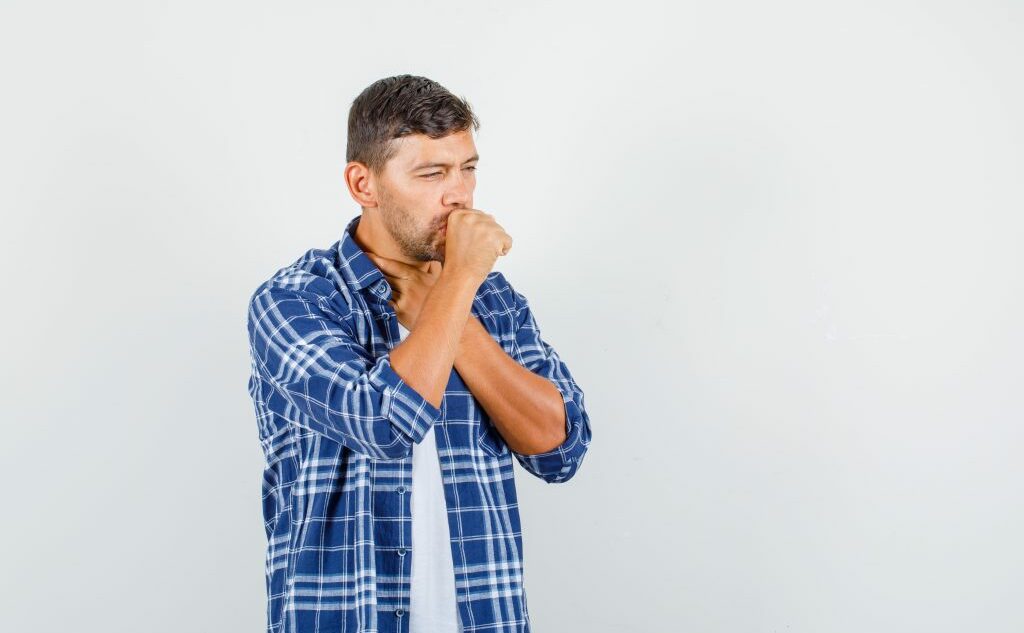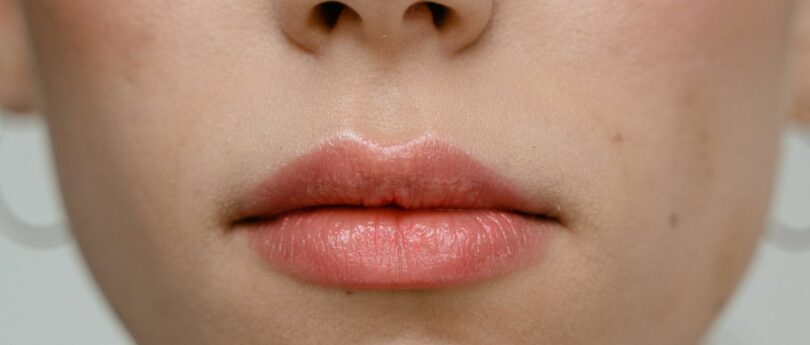A cough is your body’s way of clearing an irritant from the lungs, airways, and throat. It can protect you from pollen, dust, mucus and smoke. However, coughing also signals a serious illness or health problem. According to National Library of Medicine reports, the prevalence of cough in India ranges between 2.4% and 5.6% in rural areas and between 1.7% and 5.4% in urban areas.
There are different types of cough, most of which go away on their own. Otherwise, over-the-counter cough medicines and home remedies can provide relief. But before that, knowing the types of cough it’s essential.
Classification of different types of cough
Different types of cough are described by:
- Experience or behavior: Why and when does your cough occur? Is it more severe at night, during exercise, or after meals?
- Associated effects: Do you experience other signs like urinary incontinence, insomnia, and vomiting along with your cough?
- Features: What are the different types of cough sounds, and how does your cough feel or sound? Is it wet, dry or hacked?
- Duration: How long have you been coughing? Do you have a persistent cough that does not clear even after three weeks of treatment?
- Grade: How bad is your cough? Is it debilitating, persistent or annoying?
Most of the time, an airway obstruction triggers the cough reflex. If you swallow anything that blocks your airways, seek medical attention immediately. Let us now identify the different types of cough, their causes, the different ways to treat the types of cough and when to see a doctor.
Wet cough
Speaking of types of cough sounds, a wet cough feels wet because it brings up a lot of mucus. It is also called a productive cough, which can be acute and last less than three weeks. It can even be chronic, lasting several months, and its main signs are:
Wet cough usually clears up on its own, but see a doctor if it lasts longer than three weeks and is accompanied by conditions such as:
- high fever
- Coughing up thick yellow-green mucus
- Minor chest pain
- Wheezing or shortness of breath
The best treatment for a wet cough is to drink plenty of water, which helps the mucus to come out and even lessens the signs of a cold. Chest massages, painkillers, and cough drops are some of the most effective remedies for a wet cough. You may need antibiotics if the wet cough is due to a bacterial infection.
Dry cough
At the back of the throat, a dry cough feels like a tickle and can lead to long, jerky coughing episodes. It does not carry mucus and is caused by inflammation of the respiratory system. A dry cough can last for several weeks after a cold or flu. Symptoms of dry cough include:
- allergies
- Cold or flu
- Croup
- Asthma
- Laryngitis
- GERD or gastroesophageal reflux disease
- Irritants like smoke, dust or air pollution
- Sore throat
- Drugs like ACE inhibitors
- Sinusitis
- Tonsillitis
Drinking enough water, cough drops, and cough syrup is an effective treatment for dry cough.
Paroxysmal cough
Paroxysmal coughing is uncontrolled, violent, and can also be painful and exhausting. You may have trouble breathing and vomit. Whooping cough or whooping cough is the main cause. Other causes of paroxysmal cough include:
- COPD or Chronic Obstructive Pulmonary Disease
- Asthma
- Tuberculosis
- Choking
- Pneumonia
Paroxysmal cough is contagious, but early diagnosis is difficult because its symptoms are the same as a cold. Consult a doctor if the symptoms of a cough, especially a heavy cough, get worse even after two weeks of treatment. The best treatment for paroxysmal cough is antibiotics. Other effective remedies include:
- Reduce irritants in your environment, such as smoke or dust
- Using a cold mist vaporizer to loosen mucus
- Eat frequent meals in small amounts to reduce the risk of vomiting
- Have plenty of water and other fluids to stay hydrated
croup cough
This viral infection causes swelling and irritation of the upper respiratory tract, which makes breathing very difficult. Croup cough has distinct types of barking cough sounds this can lead to squeaky breathing and a hoarse voice. It is most common in children under five and also contagious for up to three days after the signs of this cough begin.
Croup cough can be scary for children and their parents, but the disease clears up on its own within a week. Severe cases of croup cough may require a nebulizer or prescribed steroid treatment.
The best croup cough remedies include:
- Take your child to a steam-filled bathroom for at least 10 minutes
- Place a cool mist humidifier in your baby’s room
- Take your child outside so they have fresh, fresh air
- Make sure your child gets plenty of fluids and rests as well.
- Treating your child’s fever with Tylenol or acetaminophen
Choking
You may cough constantly if your airway is partially blocked and your body is trying to clear the object blocking your airway. Likewise, if you eat something very large or something that irritates your throat, you may cough. It becomes important to see a doctor if your cough persists after a choking episode. If you are choking seriously, you won’t make any noise when you cough.
A chronic cough
If your cough lasts longer than eight weeks, it signals an underlying medical condition and requires immediate diagnosis and treatment. Potential causes of chronic or long-term cough include:
- Smoking
- allergies
- Untreated respiratory virus or infection that lasts longer than normal
- Mouth or throat cancer
- Exposure to irritants like dust or mold at work or home
- Trouble swallowing due to conditions such as dementia
- Pneumonia and other lung diseases
Conclusion
So these are the different types of cough with their specificities. Some coughs are scary and can trigger choking. In most cases, the cough goes away on its own, although long-term cough in the elderly and sick children warrants immediate treatment. Consult your doctor immediately if you have a painful cough with a bad sound.



